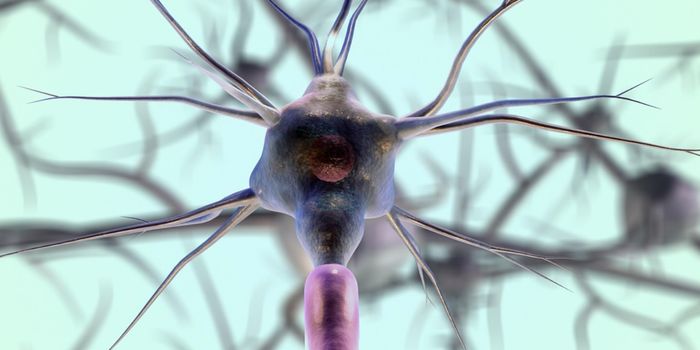Statins May Slow Progression of Alzheimer's and Dementia

Around a quarter of cholesterol present in the body resides in the brain. Studies suggest that disrupted cholesterol homeostasis may be linked to the development of Alzheimer's disease. Other research indicates that statins may reduce the risk of all-type dementia, Alzheimer's disease, and mild cognitive decline.
Whether or not statins ameliorate cognitive decline after disease onset, however, remains unclear. To this end, the researchers behind the present study explored the association between statins and cognitive decline among patients with Alzheimer's disease or mixed dementia.
To do so, they analyzed health-related data from the Swedish Registry for Cognitive/ Dementia Disorders. They included data from 15, 586 patients with an average age of 79.5 years old at diagnosis who either used or did not use statins. Particpants' cognitive trajectories were assessed twice three years apart via the mini-mental state examination (MMSE), a clinical assessment with a maximum score of 30 points. Scores of 25 and above are considered 'normal' cognition.
Ultimately, they found that patients who used statins daily for three years had an average of 0.63 more MMSE points than non-users. Different statins had different effects: simvastatin users had an average of 1.01 and 1.03 more points after three years compared to atorvastatin and rosuvastatin users.
Lead researcher Sara Garcia-Ptacek, docent of neuroscience and assistant professor at the Department of Neurobiology, Care Sciences and Society in Karolinska Institutet, said in a press release:
"People with Alzheimer's dementia treated with statins had better cognitive development over time. However, the results of the study do not mean that we now have evidence that people with dementia should be treated with statins. But on the other hand, we can't see any support for not doing so. So, if a person needs statins for high blood lipids, a dementia diagnosis should not stop the treatment."
The researchers wrote that while they were able to report associations, their findings do not describe a causal link. They noted that their findings warrant a conformational study, alongside further research into the pathogenesis of dementia.








